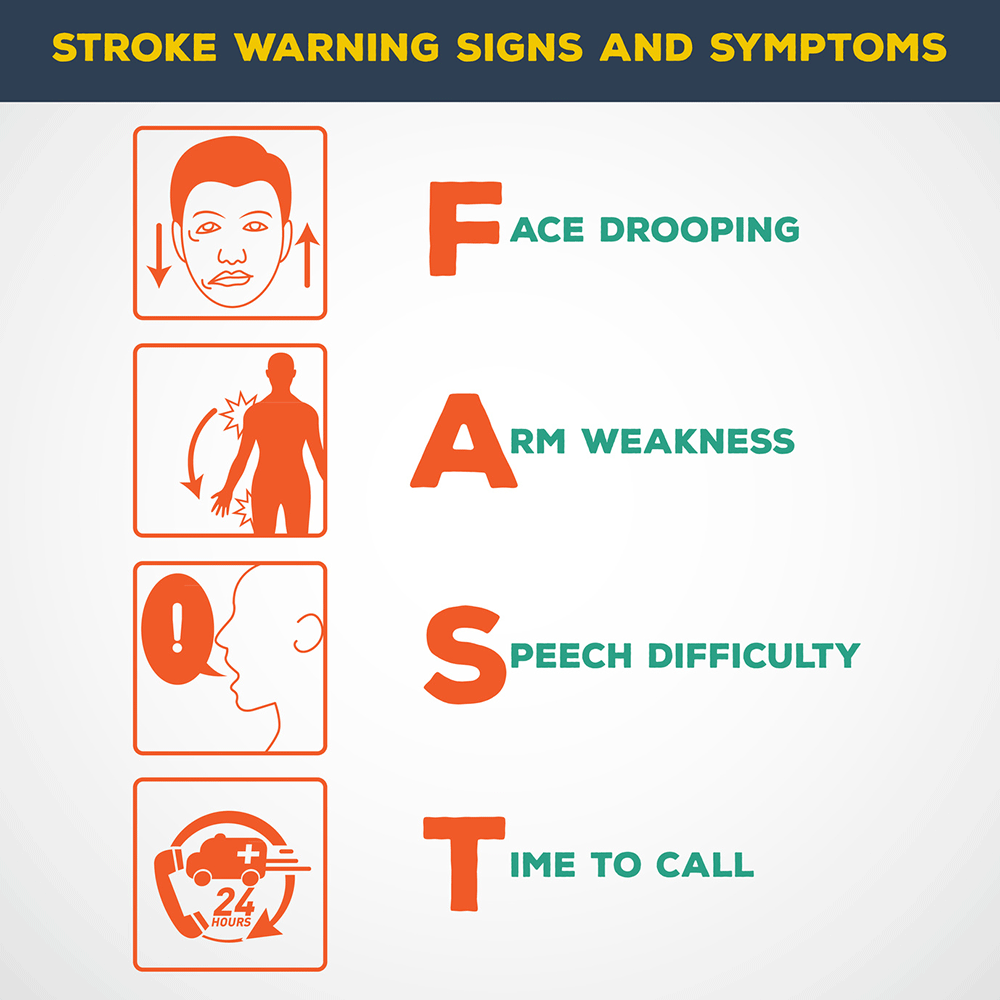Stroke, CVA (cerebrovascular accident), CVI (cerebrovascular insult), Brain Attack
Definition
Ischemic stroke, also known as CVA (cerebrovascular accident) or CVI (cerebrovascular insult) or Brain Attack is defined as an interruption of blood flow within one of the brain feeding arteries. Thus the effected brain areas are losing their function and if not treated in time, the nerve cells are dying. Depending on the affected area a stroke can have various clinical signs.
Causes & Risk factors
Most common causes of an ischemic stroke or CVA (cerebrovascular accident) are arteriosclerosis and cardiac embolism following atrial fibrillation. Other causes are vasculitis, arterial dissection or diseases causing hyper-coagulation (blot clotting). There are certain risk factors associated with ischemic stroke or CVA (cerebrovascular accident): age over 60, male gender, Hypertension, Atrial fibrillation, Diabetes mellitus, Dyslipidemia, Cigarette smoking, Migraines.
Symptoms
Symptoms of an ischemic stroke or CVA (cerebrovascular accident) are depending on the affected area of the brain. Often symptoms occur suddenly and are affecting one side. It could be sudden loss of vision, weakness of a limb (paresis), numbness or loss of sensory, problems speaking or swallowing, loss of consciousness, headache, nausea and others. If the symptoms fully recover, the neurologist speaks about an TIA, transient ischemic attack.




